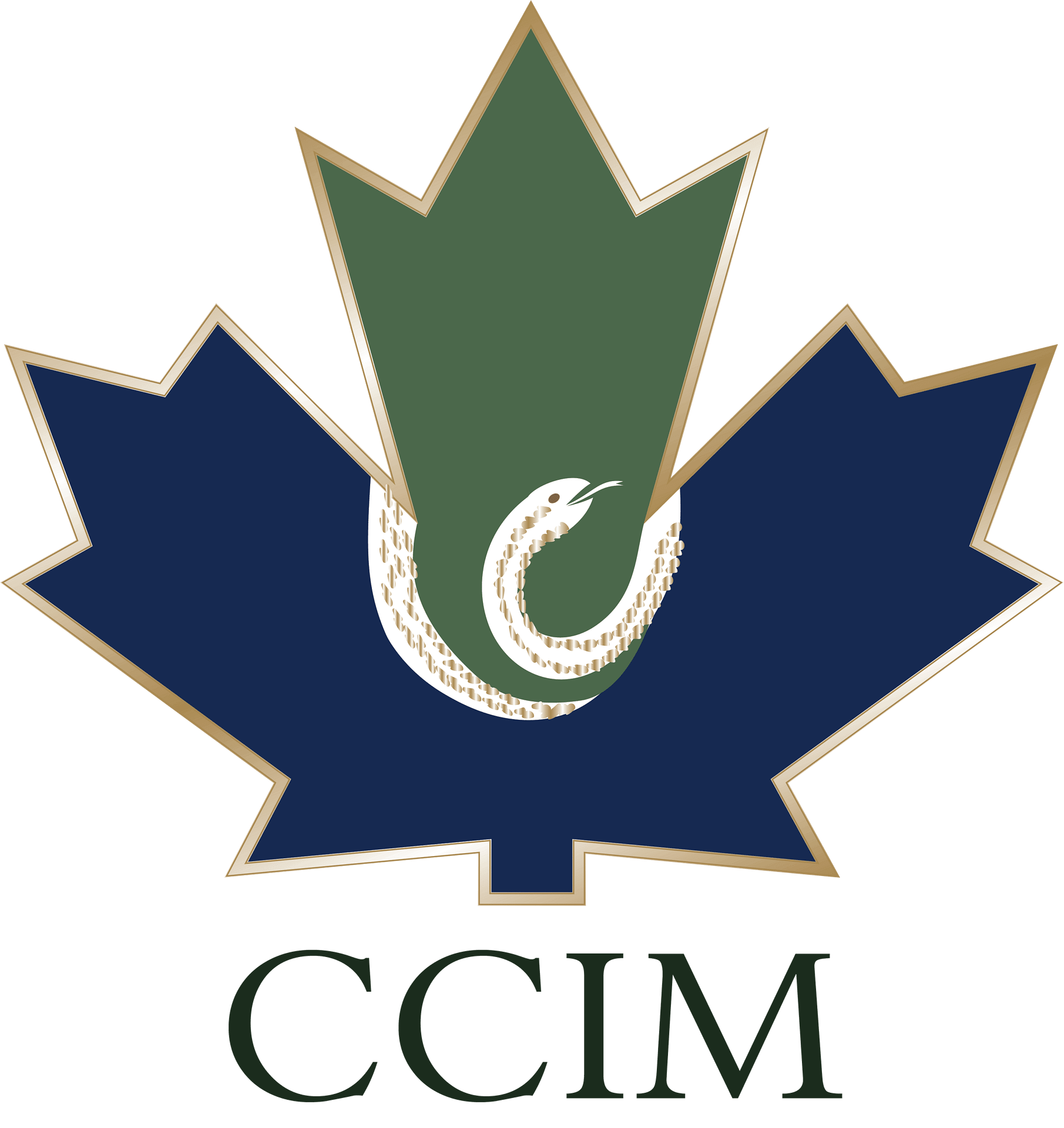info@ccimcollege.com

Canadian College of Integrative Medicine
Wellness Coaching Certificate
info@ccimcollege.com

Canadian College of Integrative Medicine
Wellness Coaching Certificate

Integrative medicine is the practice of medicine that reaffirms the importance of the relationship between practitioner and patient, focusing on the whole person. It is informed by evidence and makes use of all appropriate therapeutic approaches, healthcare professionals and disciplines to achieve optimal health and healing.
Developed and Adopted by The Consortium of Academic Health Centers for Integrative Medicine, May 2004 Edited May 2005.


Canadian College of Integrative Medicine (CCIM) enriches health and wellbeing by providing leadership in evidence-informed integrative medicine solutions to organizations and communities.
Our vision is to advance the health and wellbeing of individuals, organizations, and communities through healing and wellness of mind, the body and spirit through clinical services, research and education.
Canadian College of Integrative Medicine (CCIM) Collaborates with Georgetown University Division of Whole Person Health and Wellness
We are thrilled to announce a groundbreaking partnership between the Canadian College of Integrative Medicine (CCIM) and Georgetown University’s Division of Whole Person Health and Wellness. This collaboration will facilitate an enriching exchange of academic activities within the Integrative Medicine and Health Science program, providing students and faculty with unique opportunities to deepen their expertise and broaden their impact in the holistic health landscape. This alliance exemplifies our shared commitment to advancing whole-person health education, research, and practice.


The Canadian College of Integrative Medicine (CCIM) introduces integrative health education for physicians and other healthcare professionals by providing a wide range of knowledge and skills needed to be successful practitioners in the field of Integrative Medicine, as well as future leaders in healthcare organizations, and academic medical.





Some scientific articles show that health and wellness can be improved using integrative modalities such as culinary medicine, herbal remedies, the mind-body approach, massage, and other modalities.




